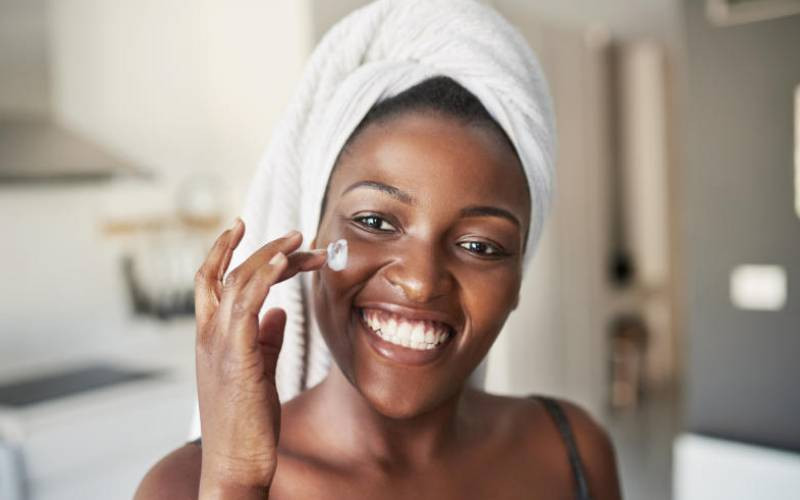×
The Standard e-Paper
Kenya’s Boldest Voice

When skin lacks moisture, it can become dry, itchy and even cracked. This common problem can affect anyone, but certain factors like frequent washing, ageing and harsh soaps can adjuvant it.
According to the American Academy of Dermatology (AAD), dry skin is, especially common during cooler, dry months or after spending long periods in air-conditioned environments, both of which lower humidity and draw moisture from the skin.